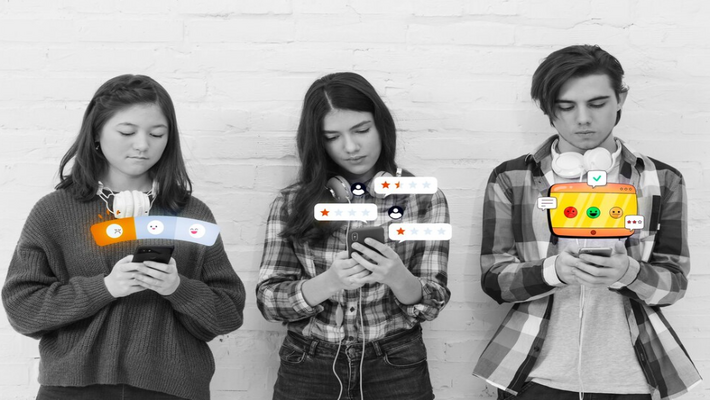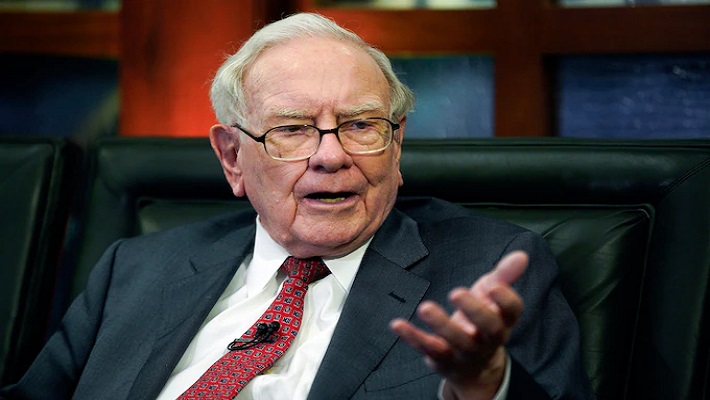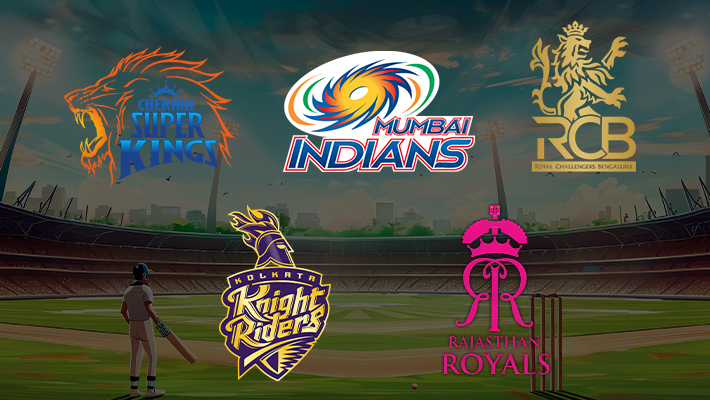
Social media has become a daily routine in most people's lives today. Individuals across different age groups use social media platforms like Facebook, Instagram, YouTube, TikTok and Twitter for communicating with others and to build networking.
People in India unnecessarily spend nearly 2.4 hours a day on social media. Young individuals aged 18-24 years spend their excessive time on these applications with Facebook and Instagram having 97.2 million and 69 million users from this age group in India, clearly displaying the growing dependency on social media platforms.
The Iimpact of Social Media on Youth
Social media platforms provide wide opportunities for individuals to connect with friends, family, and similar minded individuals, even across the world. These connections help to maintain relationships and interests, encouraging a sense of belonging, self-esteem. The excessive use of social media can affect young people by disrupting important healthy behaviors.
Some researchers think that exposure to social media can overstimulate the brain's reward center and, when the stimulation becomes excessive, it can trigger pathways comparable to addiction. Social media is a term for internet sites and apps that you can use to share content you've created. It also lets you respond to content that others post. That can include pictures, text, reactions or comments on posts by others, and links to information.
Youth self-expression
We are living in a digital era, where social media has become a part of our daily routine. Whether it is Facebook, Instagram, or WhatsApp, communication becomes much easier with others through these platforms. Using these platforms not only for the revolution of communication factor, but there are many other benefits of social media are also there, such as building connections, engaging in discussions, and sharing opinions by giving likes, comments.
Social media has a great platform to influence and impact on people’s lives, whether it is good or bad. People share everything on this platform, especially the present generation young people. Many small businesses also get high benefits from social media, because it is easy to reach target customers in a single platform. All sorts of promotions, offers, giveaways, and special news can be shared only with a few clicks, and it is a great way to reach a wider audience. Moreover, when it comes to alerting the public in response to major societal issues, there are no other platforms like social media that can reach out to large numbers of people.
Social media and youth identity
Including both positive and negative factors. The healthy effects of social media can assist teens in general. Here are some key points:
- Young people can create online identities by chatting with others, and they can build social networks.
- They can express themselves on social media platforms by posting reels, commenting to other posts, and making promotions.
- They can connect with others locally and across the world.
- They can build their connections by talking openly about topics of mental health, self-care, and other interests.
Social media may cause negative effects on some teens. It might:
- Addiction to social media causes distractions from homework, exercise and family activities.
- It can spread rumors or share too much personal information about people’s lives that aren't realistic.
- Expose some teens to cyberbullying, which can lift the risk of mental health conditions such as anxiety and depression.
- Some negative posts or interactions on social media have been linked with self-harm and can cause death.
Social media effects on teenagers
Social media platforms have both advantages and disadvantages, but teenagers should be aware of using that in a productive way.
Advantages of Social Media on Youth
Enhanced Connectivity: Social media can help people to connect with others around the world. This can provide them to build their relationships, expand their social networking, and learn about contrasting cultures and perspectives.
Educational Resources: It can provide an effective source of educational resources. Many institutions and individuals use social media platforms to share their information and resources.
Job Opportunities: It can provide wide opportunities to young people to explore potential career paths and connect with professionals in their interested fields.
Creative Expression: Young people can share their artwork, music, writing, and other creative projects with a wide audience, which can help them to build their confidence and they receive feedback for their work.
Awareness and Activism: It can also be an effective tool for spreading awareness and promoting activism in society. People can use social media to share information about important issues, organize events, and connect with similar thoughts of individuals who are working towards positive change.
Disadvantages of Social Media on Youth
Cyberbullying: Online harassment and bullying can be particularly harmful to teenagers, as it can affect their mental health.
Addiction: Young people may spend their time unnecessarily scrolling through feeds and interacting with content. This can lead to a decrease in productivity and a lack of focus on other important activities.
Misinformation: Through social media people can share false or misleading information, which can be particularly problematic for teens who may not have critical thinking skills. This can create misunderstandings, misinformation, and it can even cause self harm.
Privacy threats: It can also raise threats about privacy and security. Young people may not fully understand the risks of sharing personal information on the internet, which can put them at risk of identity theft, cyberstalking, and other types of online harassment.
Impact on Self-Esteem: By watching others posts in social media young people can start to compare their lives with others. This can lead to a negative impact on mental health and well-being.







